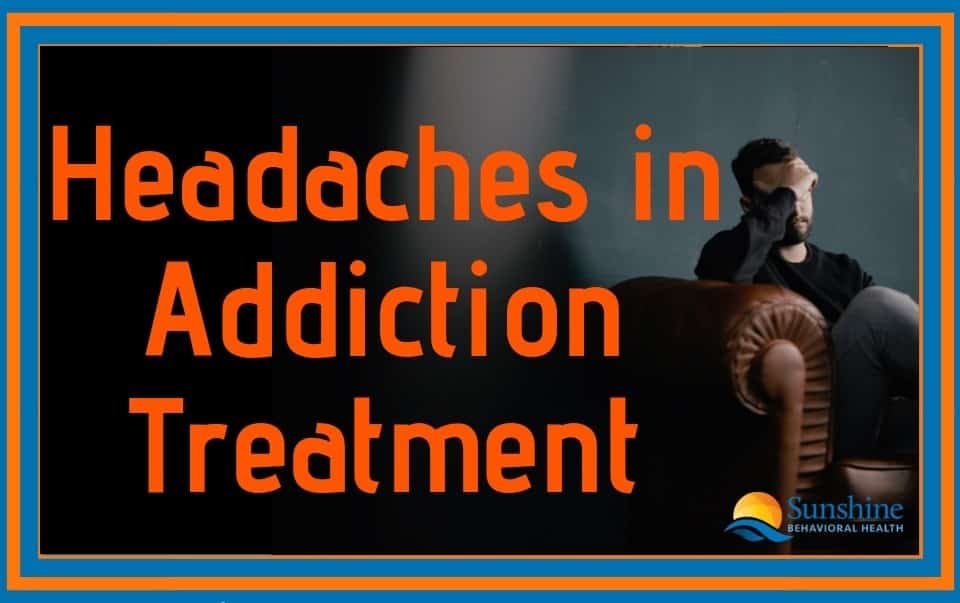
Headaches in Addiction Recovery
When you are in recovery from your addiction there are going to be times when you are not feeling well, there are going to be times when you might be stressed out, there are going to be times when you are anxious, there are going to be times when you just flat out have a headache and more. When you have headaches in your recovery from addiction they can really catch you off guard. Some people know when a headache is coming on and others are caught off guard by them. Some headaches in addiction recovery are minor while others are more severe and debilitating. Either way when you have a headache during your recovery from addiction sometimes it is just a matter of figuring out what is off in your life to get rid of the headache. There are many ways that you can do this. What are some of the ways to figure out what is going on to get rid of a headache? When you are in recovery from your addiction there are some ways that you can figure out what is going on that is causing your headache. Many times when a recovering addict has a headache it is because something is stressing them out, making them ill or making them feel anxious. If you can figure out what is causing your headache then you may be able to get rid of the problem and your headache. Headaches in addiction recovery are a pain, both physically and emotionally. However, some of the ways to figure out what is going to include the following:- Write down the symptoms of your headache.
- Write down stressful or uncomfortable things that have happened over the past week (if you can’t think of any think over the past month).
- Take a note as to when the onset of your headache was and how you felt at that time.
A Message From Our CEO
Medical disclaimer:
Sunshine Behavioral Health strives to help people who are facing substance abuse, addiction, mental health disorders, or a combination of these conditions. It does this by providing compassionate care and evidence-based content that addresses health, treatment, and recovery.
Licensed medical professionals review material we publish on our site. The material is not a substitute for qualified medical diagnoses, treatment, or advice. It should not be used to replace the suggestions of your personal physician or other health care professionals.





